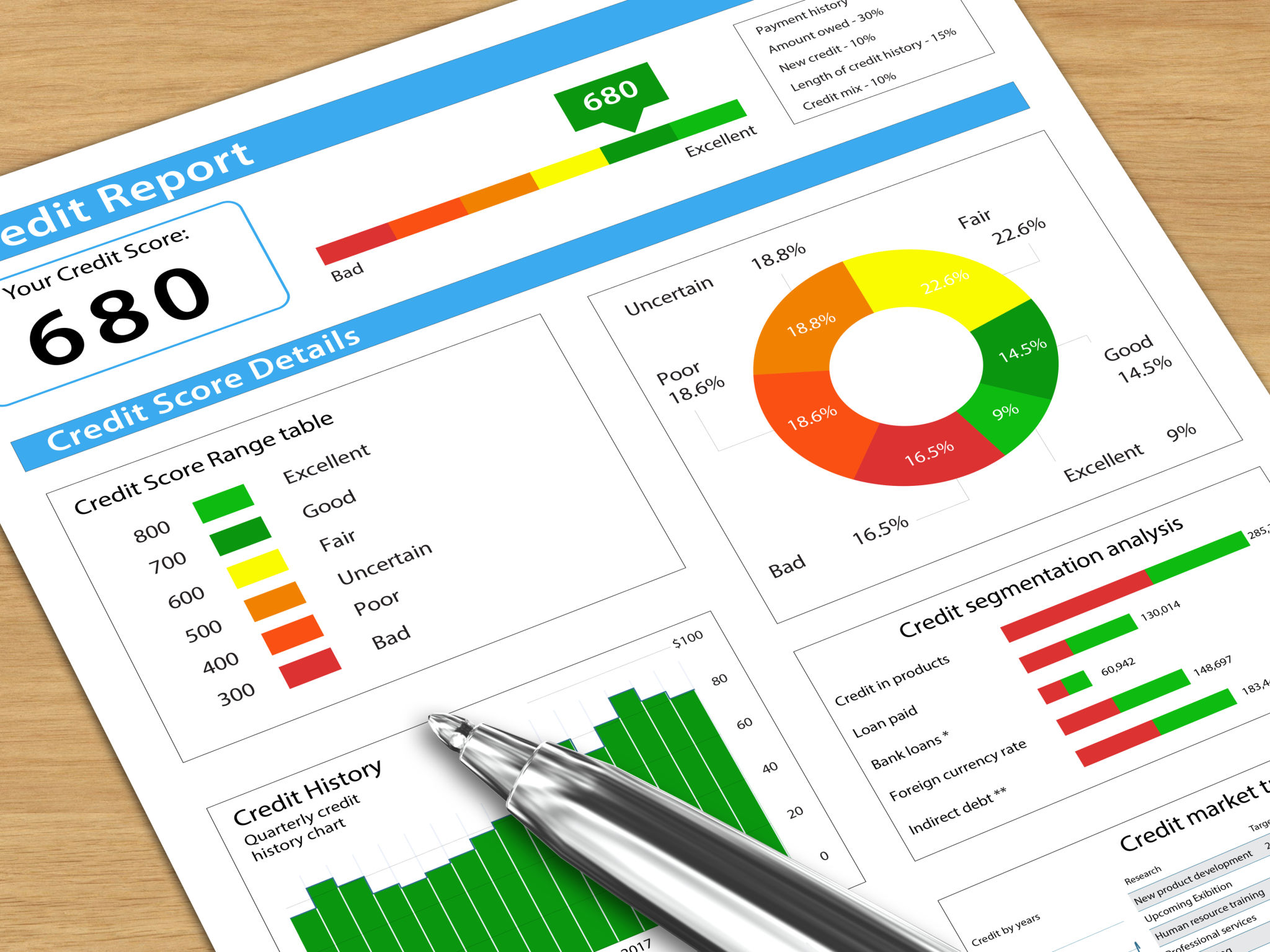Debunking Myths About Business Credit Scores
Understanding Business Credit Scores
Business credit scores are often shrouded in mystery and misconceptions. Many entrepreneurs and small business owners find themselves unsure about how these scores work and their impact on business operations. It's crucial to debunk the myths surrounding business credit scores to help businesses make informed decisions.

Myth 1: Business Credit Scores Are the Same as Personal Credit Scores
One common misconception is that a business credit score is the same as a personal credit score. While both types of scores assess creditworthiness, they are distinct entities. A personal credit score evaluates an individual's financial behavior, while a business credit score evaluates a company's creditworthiness. Understanding this distinction is vital for managing both personal and business finances effectively.
Business credit scores are typically calculated by credit bureaus like Dun & Bradstreet, Experian, and Equifax. These scores range from 0 to 100, whereas personal credit scores range from 300 to 850.
Myth 2: A High Personal Credit Score Guarantees a High Business Credit Score
Another prevalent myth is that a high personal credit score automatically means a high business credit score. In reality, the two scores are separate, and factors influencing one do not necessarily affect the other. A high personal credit score does not guarantee business success or vice versa.

To build a strong business credit score, focus on timely payments to suppliers, maintaining low credit balances, and regularly reviewing your credit reports for accuracy. This proactive approach helps establish a positive credit history for your business.
Myth 3: New Businesses Cannot Have a Business Credit Score
Many new business owners believe they cannot have a business credit score due to their company's age. However, even new businesses can start building their credit scores from day one. Obtaining a federal tax ID number (EIN), opening a business bank account, and establishing trade lines with suppliers are initial steps to create a business credit profile.
It's essential to monitor the progress of your business's credit score as early as possible. Regularly checking your business credit reports ensures you stay informed about your company's financial reputation.

Myth 4: Business Credit Scores Are Not Important Unless Seeking a Loan
Some assume that business credit scores only matter when applying for loans. However, these scores impact various aspects of a business's financial health. Vendors, suppliers, and even potential partners may assess your company's credit score to determine reliability and trustworthiness.
Moreover, insurance companies often consider business credit scores when setting premiums. Therefore, maintaining a good business credit score can lead to better terms and conditions in numerous business dealings.
Conclusion: Taking Control of Your Business Credit
Debunking these myths is critical in taking control of your business's financial future. By understanding the true nature of business credit scores, you can take strategic steps to build and maintain a strong financial reputation for your company. Regularly monitor your business credit profile, pay attention to payment terms, and establish sound financial practices to foster growth and stability.
Remember, knowledge is power. Dispelling these myths enables you to harness the full potential of your business credit score as a tool for success.
